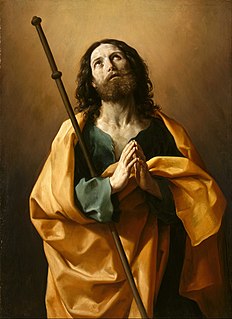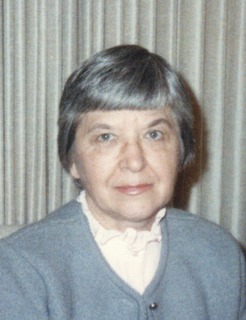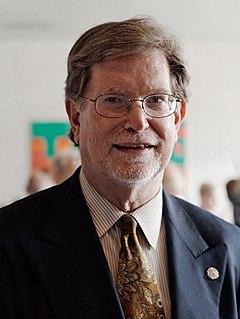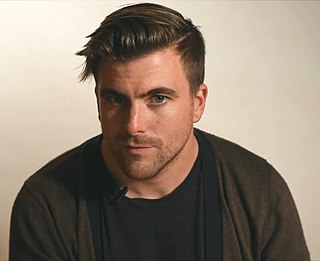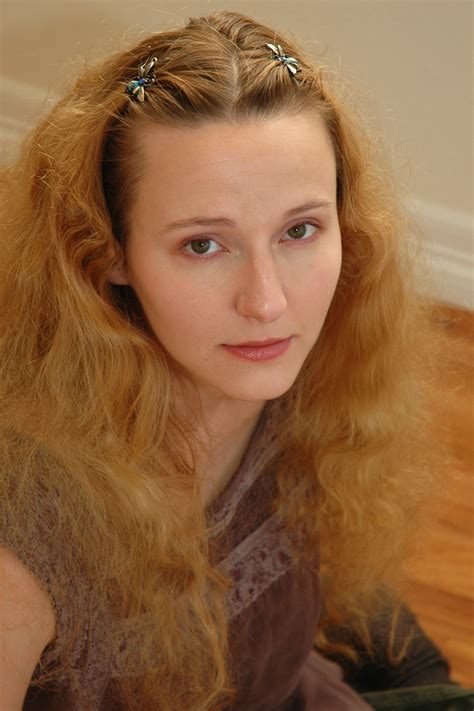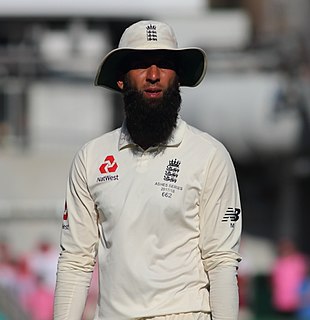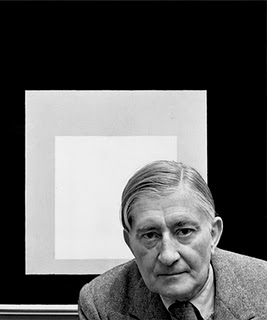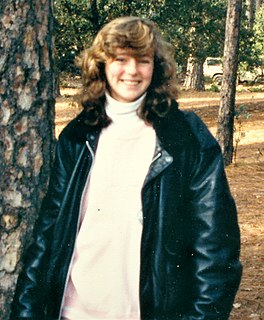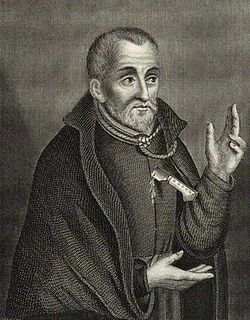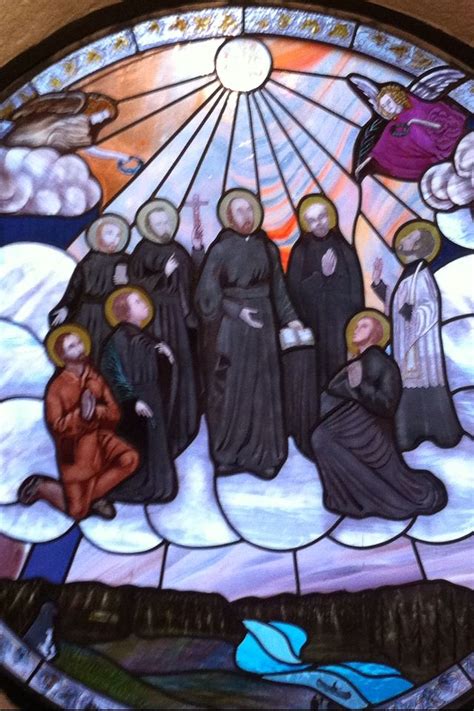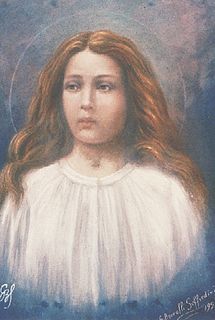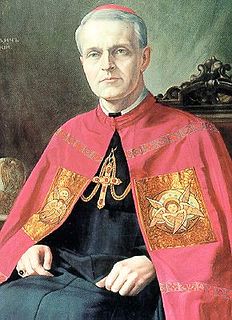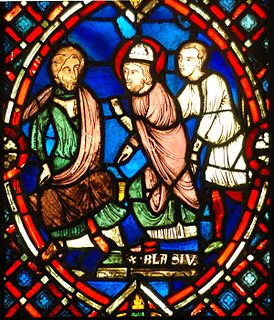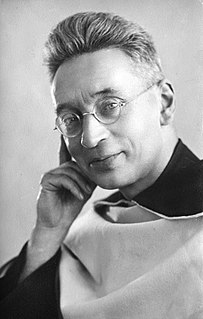A Quote by James, son of Zebedee
The men in my life were wonderful, but they were very artistic and very creative and they were adventurers like myself. So it wasn't right to settle down with them.
Related Quotes
[At DuPont,] I was very fortunate that I worked under men who were very much interested in making discoveries and inventions. They were very much interested in what they were doing, and they left me alone. And I was able to experiment on my own, and I found this very stimulating. It appealed to the creative person in me.
I would like to study Judaism. I feel that my own Jewish education was really quite superficial from a certain point of view. Although I think the values were very clear and were presented very clearly, there's - there were aspects of the whole tradition that were not emphasized. And, you know, I've come to those areas myself as I've grown older. But I would like to go deeper.
I looked around at what my colleagues were doing, and asked myself, 'What relationship has it with what's going on?' I found there was a great distortion of contemporary life. Photographers were interested only in certain things. A visually interesting place, people who were either very rich or very poor, and nostalgia.
I'm sure you're gonna be taught, if you haven't already, that the people that were here, the Native Americans were beautiful, they were wonderful, they were at one with nature, and these evil white Europeans like Columbus came in and killed them and took them, imprisoned them, stole what was theirs, took it for ourselves.
My children came out as individuals in their own right. They were not my products. They had their own characters and were very strong-minded. I gave them a lot of freedom when they were still very young. The one thing they got from me is morals. They would never betray anyone. They are really good people.
My mother, father and brothers (I was the youngest of three boys), were all very sarcastic and we were a complete Irish-Catholic family. We didn't talk about our feelings ever, and if we did, we were yelling about them - there was no in-between. That's just carried over so many ways in my life and sabotaged relationships, sabotaged creative stuff.
